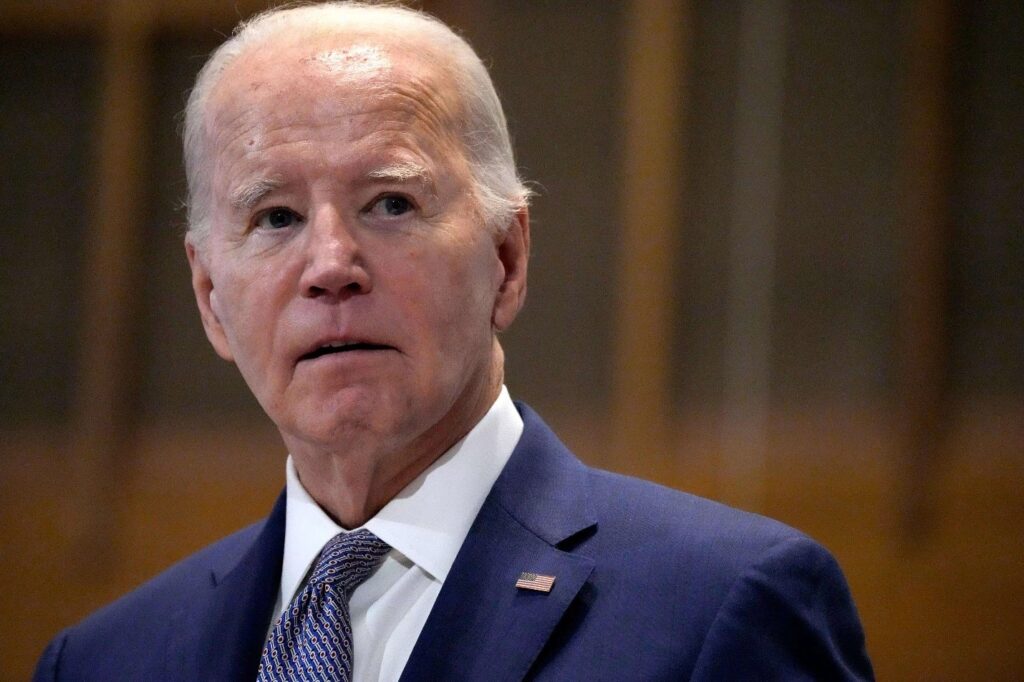The Biden administration contemplates a response after soldier deaths in Jordan

The loss of three American soldiers – two women and a man from Georgia – in a drone strike in Jordan on Sunday has become a pressing concern for the Biden administration, reflecting the very scenario they had hoped to avoid.
Now, the White House confronts a daunting decision on how to react. President Biden convened his national security team in the Situation Room on Monday to evaluate the available options. Among the considerations are striking Iran-affiliated targets in the region, targeting Iran itself, or refraining from immediate action.
Each course of action carries substantial risks, particularly in an election year where projecting strength must be balanced with preventing further escalation in an already volatile situation. National Security Council Spokesman John Kirby emphasised the administration’s desire to avoid a broader conflict with Iran while acknowledging the necessity of responding effectively.
The administration also weighs its response within the context of the ongoing conflict between Israel and Hamas. Since early October, the primary U.S. objective has been to contain the Gaza conflict from spreading throughout the region, guiding measured U.S. responses to prior non-fatal attacks on its forces.
However, the recent lethal attack alters this calculus, compelling the U.S. to consider a more assertive response. President Biden must navigate a delicate balance: conveying a message of deterrence while avoiding the very escalation they seek to prevent.
Republican voices, including Senator Tom Cotton and Senate Minority Leader Mitch McConnell, advocate for severe military retaliation against Iran, characterising anything less as a sign of weakness. Democratic leaders, while calling for accountability, prefer targeting Iran-backed groups over direct confrontation with the nation itself.
Senator Ben Cardin and Senator Richard Blumenthal echo the need for a measured, proportionate response against Iran-affiliated entities. Despite assurances that political considerations won’t drive the decision-making process, the administration cannot overlook the potential electoral implications.
Foreign policy decisions inevitably intersect with domestic politics, especially during an election year marked by heightened global tensions. While specific details of the attack may fade by November, Americans prioritise a perception of strength on the global stage.
President Biden faces a pivotal decision with ramifications both abroad and at home in this high-stakes election cycle.
